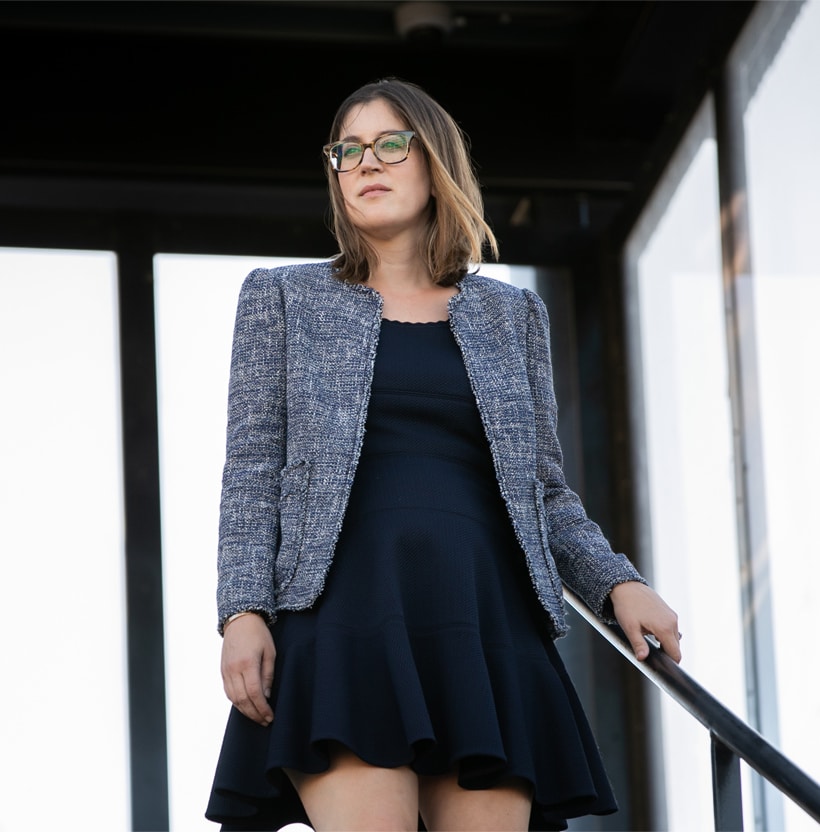All too often, abusive relationships start with a few minor issues that escalate into psychological or physical abuse on the part of one or both individuals. People who have been in these relationships often admit that they had a “gut feeling” early on that something was wrong, but that they ignored the potential warning signs and rationalized staying with their partner.
It’s important for all people in relationships, men and women, to recognize potential red flags for abuse. Knowing these signs may enable someone who might be at risk for abuse may be able to get out of the relationship before violence escalates. It can also help a person with anger or control issues to understand they have a problem and seek counseling and other forms of support, rather than remaining in toxic relationships that could lead to them facing the legal consequences of domestic violence charges.
Here are some of the red flags to watch out for, either on your part or the part of your significant other. Not everyone who exhibits these signs will commit domestic battery, but these signs are indicative of someone who feels the need to have control in a relationship, which can lead to verbal or psychological acts of domestic abuse.
6 Warning Signs for Domestic Abuse
Moving too quickly in the relationship.While some people might find it romantic for their partner to say “I love you” after the third date or to propose after a few months together, turning the relationship into a serious commitment very quickly may be a sign of someone who feels they need control and engages in a lot of black-and-white thinking (e.g. “This is the one person for me,” “I need to be with this person”).
Constantly keeping tabs on a partner.Couples often spend a lot of their free time together, especially when they first start dating, but it’s important that each person still has boundaries and their own individual time. A relationship may become abusive when one person insists on constantly knowing where the other person is and gets angry if their partner goes somewhere without telling them.
Putting down a partner or their friends and family.Abusive relationships often start with one person trying to isolate the other from their friends and family, often by saying negative things or asking their partner not to spend time with other people. One or both partners may also put down the other by saying things like “You’re crazy” or “You’re stupid.”
Blaming a partner or others for personal feelings and actions.Examples of this might include a partner saying something like, “You make me so angry sometimes” or “I wouldn’t get so frustrated if my co-workers weren’t so dumb.”
Blaming exes for the demise of past relationships.If partners talk about their past relationships, one or both people may insist that their break-ups were entirely the fault of the other person, saying things like “She was insane” or “He drove me away because he didn’t put enough time into the relationship.”
Becoming jealous.Even in a monogamous relationship, one or both partners may fear that the other is cheating on them and accuse the other of being unfaithful. In some cases, there may not even be allegations of cheating—one person may simply say something like, “Why do you always want to spend time with your friends instead of me?”
These are just a few of the warning signs of a potentially abusive relationship. To see more signs as explained by survivors of domestic abuse, visit the website of the National Network to End Domestic Violence.
About the Author:
Kimberly Diego is a criminal defense attorney in Denver practicing at The Law Office of Kimberly Diego. She obtained her undergraduate degree from Georgetown University and her law degree at the University of Colorado. She was named one of Super Lawyers’ “Rising Stars of 2012” and “Top 100 Trial Lawyers in Colorado” for 2012 and 2013 by The National Trial Lawyers. Both honors are limited to a small percentage of practicing attorneys in each state. She has also been recognized for her work in domestic violence cases.






